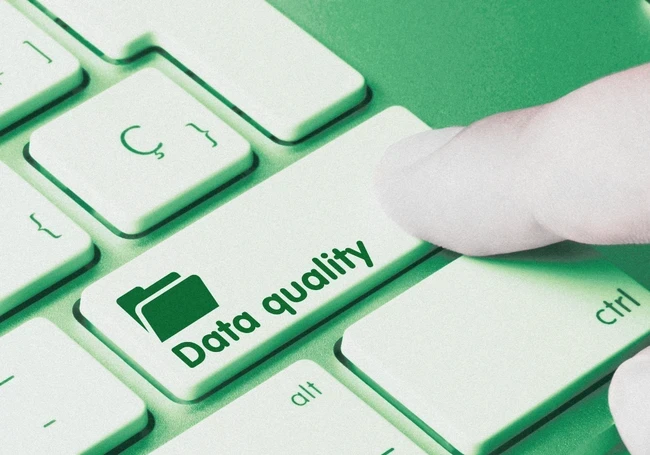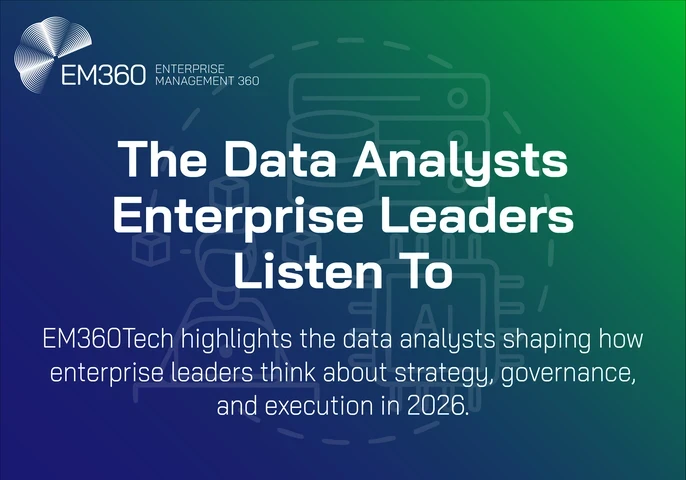Data has never been more important for organizations looking to make smarter decisions. But, as organizational data increases, data teams struggle to find a structured approach to managing their data.
Not only do many organisations today have more data than they know what to do with, but they also often struggle to identify the quality data in their possession, leading to many of their most valuable data assets going unused.
Wakefield Research’s annual Data Quality Survey found that more than half of organizations reported that 25% or more of revenue was subjected to data quality issues. An astounding 74% also reported business stakeholders identify issues first, up from 47% in 2022, suggesting that data quality remains among the biggest problems facing data teams in 2024.

With the challenges more evident than ever before, data quality tools are becoming increasingly popular for organizations looking for software solutions to their data quality issues.
What are data quality tools?
Data quality tools are software solutions that are designed to ensure the accuracy, consistency, and trustworthiness of data throughout its lifecycle. These tools help clean and organize your data to make it reliable for analysis, helping you understand its format, structure, and values.
Data quality tools work by first profiling the data examining its format, identifying missing values, and checking for outliers. Once they have a profile, the tool can clean up the data.
This cleansing process includes fixing typos, standardizing formats (like making sure all dates are formatted the same way), or removing duplicates. It also involves checking your data against predefined rules to make sure it meets certain standards, such as setting a rule that emails must contain "@" or that zip codes have five numbers.

Data quality tools help improve the quality of your data over time. They inspect every piece of data coming in, check for validity, and ensure it meets quality standards before letting it through.
This makes them especially important for businesses that rely on data-driven decision-making where Inaccurate or unreliable data can lead to bad decisions, missed opportunities, and wasted resources.

When GenAI Meets Governance
Board-level view of generative AI’s first year: productivity gains, fragile governance, and how to align adoption with unresolved safety concerns.
Benefits of data quality tools
Data quality tools offer a range of benefits that can significantly impact an organization's efficiency, decision-making, and overall success. These include:
1. Better decision-making
Data quality tools act as a safety net for your decision-making process by ensuring the information you rely on is accurate, reliable, and trustworthy. inaccurate data can skew your analysis and lead to biased conclusions, and data quality tools remove these biases by identifying and correcting errors. This ensures your decisions are based on a clear and unbiased picture of reality.
2. Increased efficiency
Many data quality tools automate the process of identifying and fixing common data errors. This includes tasks like finding missing values, correcting formatting inconsistencies, and eliminating duplicates. When data is clean and accurate, there's less need to fix errors or troubleshoot issues later on. This reduces rework for analysts and data scientists, allowing them to focus on more strategic tasks like data analysis and generating insights.
Inside Modern MDM Stack Design
Key capabilities leaders require from MDM platforms to unify CRMs, ERPs and legacy systems into a resilient data backbone.

3. More confidence in data
Data quality tools constantly scan for inconsistencies, missing values, formatting errors, and duplicates. They also enforce consistent formats and definitions across your data. Imagine addresses – some might be written with "St." while others use "Street." Standardization ensures all addresses follow the same format, improving data integrity and making analysis more reliable.
Some data quality tools also track the origin and journey of your data – where it came from, what transformations it underwent, and how it's currently being used. This lineage provides a clear audit trail, increasing confidence in the data's traceability and reducing concerns about manipulation or errors introduced during processing.
4. Enhanced compliance management
Regulatory compliance often requires specific data points to be present and accurate. Data quality tools identify missing values, inconsistencies, and duplicates, ensuring your data reflects reality. This reduces the risk of non-compliance due to incomplete or inaccurate reporting by helping businesses create a compliance management system.

Taming the Data Tool Sprawl
Vendors, platforms and AI agents are colliding over ownership of data reliability, creating new risks and decisions for leaders in 2026.
5. Increased revenue and lower costs
Clean data allows you to accurately identify your ideal customers and tailor marketing campaigns to their specific needs and interests. This leads to higher conversion rates and increased sales. For instance, with good data, e-commerce companies identify customers who previously bought a specific product and target them with relevant promotions, boosting sales of related items.
By analyzing high-quality organizational data, you gain insights into their preferences, pain points, and buying behaviour.
This information can be used to develop products and features that resonate with your target audience, leading to higher customer satisfaction and repeat business.
Best data quality tools and software solutions for 2024

There are a range of powerful data quality tools and software available today, each of which can help you make the most of your data assets. However, not all of these tools are made the same.
In this list, we're counting down ten of the best data quality tools available today, exploring the features and capabilities that make them so popular.







Comments ( 0 )